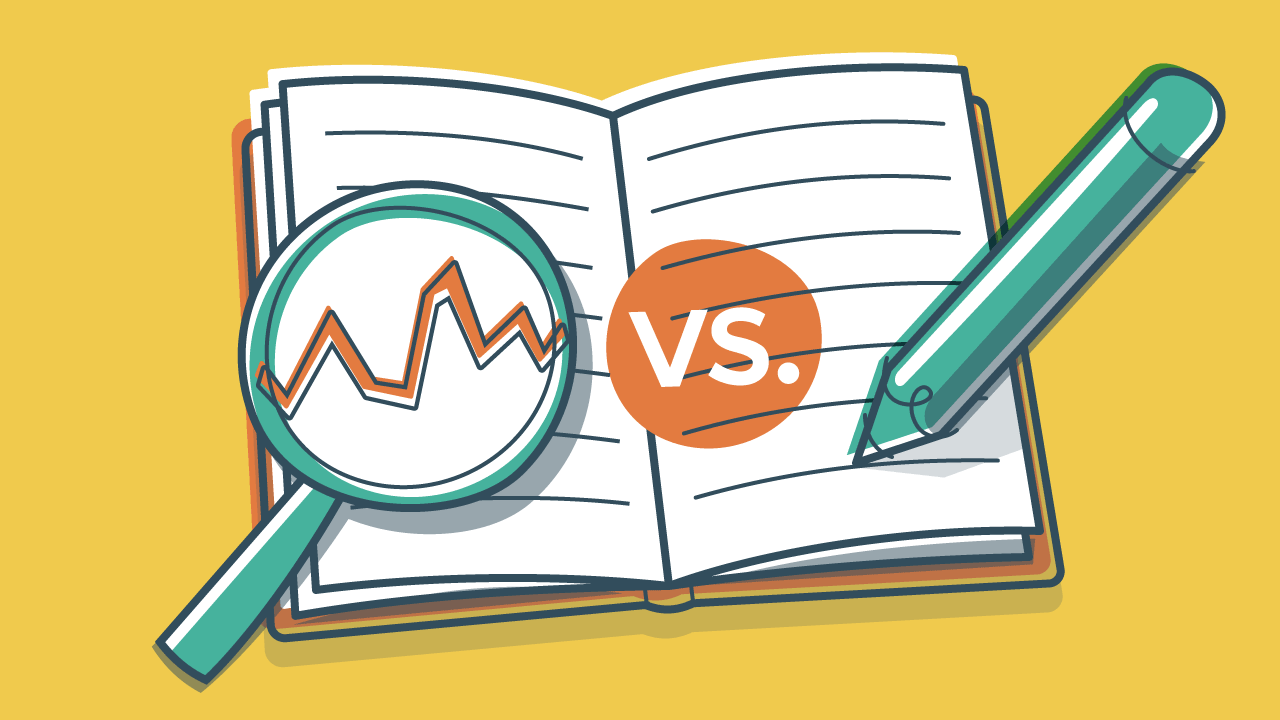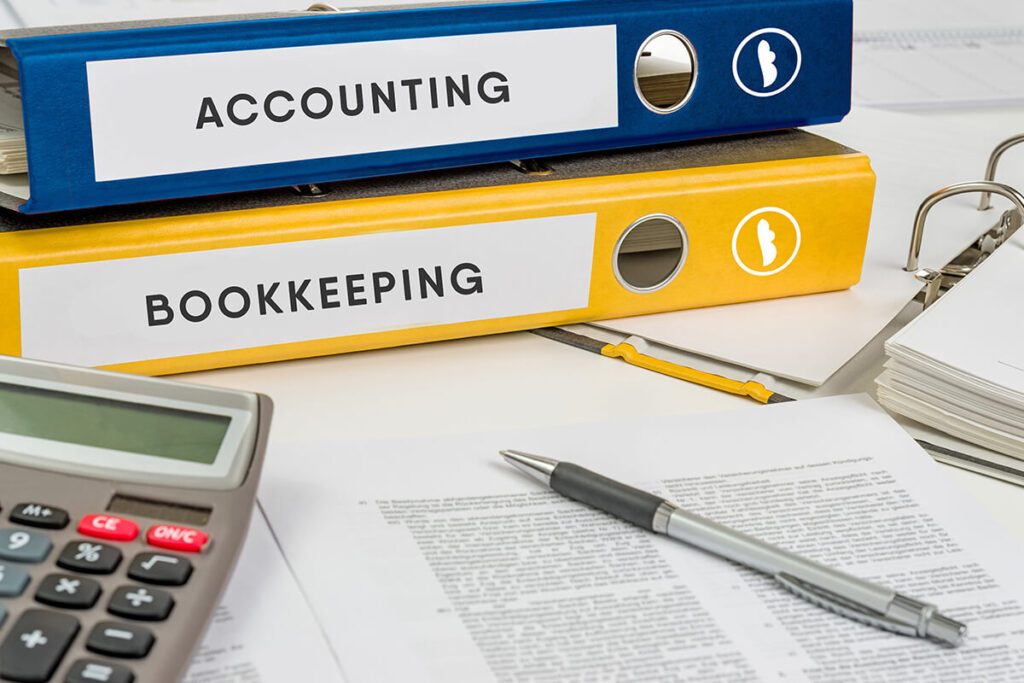
No matter what kind of business you own, bookkeeping and accounting will be an essential part of your ongoing operations. While it may seem logical to lump both professions into the job, they are different and will support your company in different ways. This article will help define how each role works and what responsibilities are involved.
Table of Contents
What is bookkeeping?

Source: pinterest.com
Bookkeeping is the task of recording a business’s everyday financial transactions. A bookkeeper will record each transaction on a regular basis (daily or weekly) to ensure there is a full, chronological record of all incoming and outgoing money transfers.
What is accounting?
Accounting uses a company’s bookkeeping information to evaluate, analyse and summarise how the company is performing financially on a quarterly, bi-annually, or annual basis. This can include real-time interpretations as well as historical comparisons as well as services such as preparing and lodging Australian tax returns and loan applications.
Main differences between accounting and bookkeeping
There are several main differences between accounting and bookkeeping which can be seen in the following ways:
Tasks
The task of bookkeeping is to keep accurate financial records and reconcile spending and income as it occurs. Accountants use their expertise to analyse bookkeeping ledgers and create reports that can be used to apply for loans, budgets, and financial applications.
Objectives
Bookkeeping aims to systematically record all financial transactions and any related documents in a well-organised manner for accounts and tax purposes. The accounting objective is to analyse a business’s financial situation and provide feedback to stakeholders and tailored advice for how to improve profits and spending habits.
Decision making
While bookkeeping can provide a real-time snapshot of a company’s finances, management can’t use the information to make a decision as it’s a small-picture take, they will need to ask for analysis to make sense of what the data is showing.
Accounting reports and analysis can be used to make critical decisions about a business’ budgets, rates, value and financial health.
Preparation of financial statements

Source: freepik.com
Financial statements are prepared as part of the accounting process. While bookkeeping data is used as part of the preparation, only an accountant has the skills to take this step and bring it all together.
Analysis
Once the data from bookkeeping is handed to accounting the information can be compiled into reports to be used for analysis and interpretation. The data from bookkeeping alone is not well-rounded enough to forecast or revisit trends.
Types
There are two types of bookkeeping with single-entry being the basic and double-entry bookkeeping being the more complex, reliable, and accurate system. On the accounting side, a dedicated department will handle a wide range of task types depending on a company’s needs and requests. This can include preparing budgets, loan proposals, annual reports, and tax lodgements. Postgraduate studies can be taken to become specialised in a certain accounting type or industry.
Skills and credentials
Bookkeeping doesn’t require any specific skills although training and certification are best to be able to accurately manage double-entry bookkeeping and follow best practices. It is important that the right system be set up and followed consistently for the best accounting outcomes.
A bachelor’s degree in accounting is required to be an accountant although various financial degrees can also qualify someone for certain accounting roles.
Benefits of using an accountant or bookkeeper

Source: pinterest.com
Profits in business are only possible when finances are handled correctly. Most business owners don’t have the time or capacity to undertake this themselves. Hiring professionals saves time and allows for the greatest benefits.
By completing daily or weekly bookkeeping tasks a business can ensure they have an accurate and reliable financial data record that can go on to provide accurate reporting and financial advice from accounting professionals.
Failing to monitor finances can result in spending getting out of hand, incorrect budget allocations, missed opportunities, or fines and penalties for late or inaccurate tax lodgements.
Bookkeepers and accountants are both necessary roles within business finances but only accountants have the necessary skills and credentials to offer diverse services that can enhance your business’s success. Talk to a professional bookkeeper about how they can help keep accurate and systematic bookkeeping data for your accounting needs.







